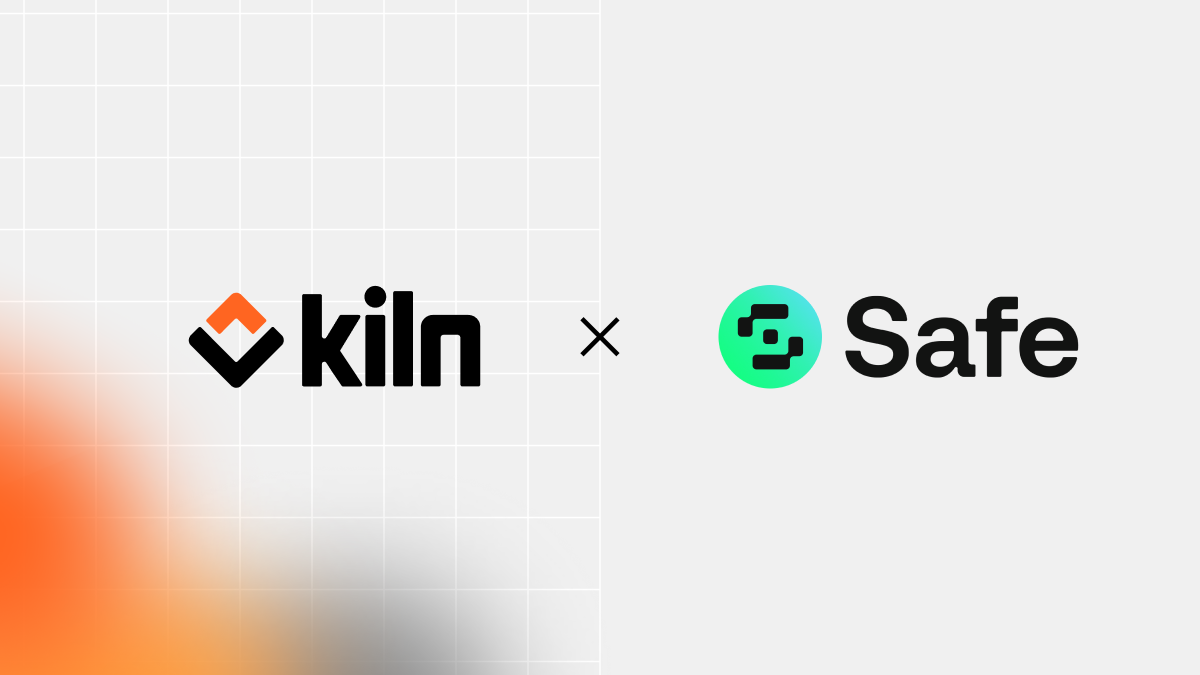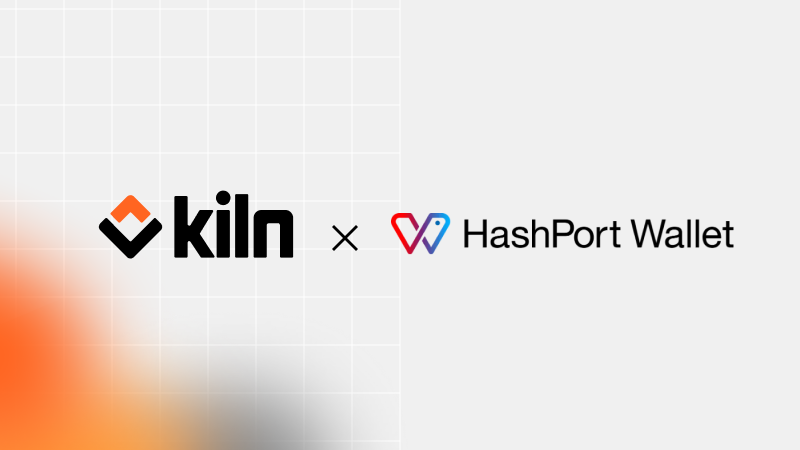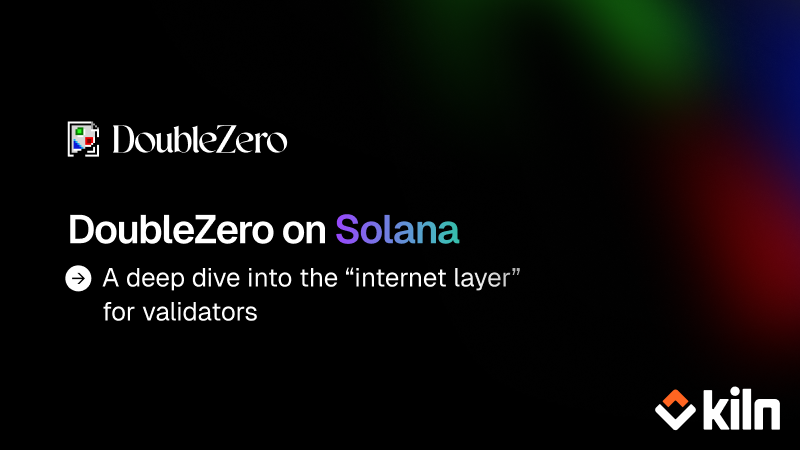Not your keys, not your coins
The first promise of crypto is to circumvent unnecessary value-absorbing intermediaries, and provide user sovereignty and true ownership over one’s assets.
Battle-tested solutions, like Ledger Enterprise and Fireblocks, enable users, corporations, and institutions to own their private keys and secure their assets autonomously without the need of a counterparty.
With staking, the counterparty is the protocol itself
In a Proof-of-Stake protocol, tokens are locked up in a validator to secure the underlying network and receive staking rewards in return.
Those validators, with the assets & rewards they hold, are fully transparent and always verifiable "on-chain". This is contrary to centralized company reserves which can be opaque and under-collateralized, as we have seen with last week’s events.
With staking, there is no counterparty but the network itself. Validators are rewarded by operations automatically through preset ‘block reward’ rules, as well as through a share of transaction fees. There is no risk of default or bank runs.
This is why Kiln maintains staking as the true core primitive of Web3 rewards. Staking rewards provide safe and forecastable returns in exchange for bringing more resilience and decentralization to a network, like an internet bond.
Kiln is a non-custodial staking platform that is compatible with any existing custody solution.
All our processes are done on-chain - delegations, validator activity, rewards management through smart contracts - making them fully auditable by anyone at any time.
Our customers with self-custody solutions, like Ledger Live, use Kiln On-Chain to offer 1-click Ethereum native staking while earning a commission from rewards. Only the end user can claim rewards and unstake their validators through their private keys. This makes Kiln On-Chain the safest and most transparent native staking product on Ethereum.
Kiln OnChain provides true ownership of validators for your clients.
Kiln OnChain also allows users to stake less than the current 32 ETH requirement and exit staking before withdrawals are implemented. This helps to democratize Ethereum staking and make it more affordable and convenient while still benefiting from native staking.
To mitigate any potential smart contract vulnerabilities, Kiln ensures the security of its onchain smart contracts through third-party audits conducted by reputable firms such as Halborn, Spearbit, and Ledger Donjon.
Treasury managers use Kiln to stake their managed assets through their preferred custody solutions without compromising security. This is as opposed to depositing funds in a centralized entity to benefit from staking yields, increasing counterparty risks.
While we cannot temper with customers' funds, the Kiln Connect SDK integrates a custodian API, offering a common interface to sign staking transactions on every protocol for all supported custodians.

Get in touch and add staking to your custody solution
About Kiln
Kiln is the leading enterprise-grade staking platform, enabling institutional customers to stake assets, and to whitelabel staking functionality into their offering. Our platform is API-first and enables fully automated validators, rewards, and data and commission management. With over $2.2b stake under management, Kiln has a particularly strong track record on Ethereum as we run about 3% of the network; this includes 22,000+ validators with 0 slashing events.
About Kiln
Kiln is the leading staking and digital asset rewards management platform, enabling institutional customers to earn rewards on their digital assets, or to whitelabel earning functionality into their products. Kiln runs validators on all major PoS blockchains, with over $11 billion in crypto assets being programmatically staked and running over 5% of the Ethereum network on a multi-client, multi-cloud, and multi-region infrastructure. Kiln also provides a validator-agnostic suite of products for fully automated deployment of validators and reporting and commission management, enabling custodians, wallets, and exchanges to streamline staking or DeFi operations across providers. Kiln is SOC2 Type 2 certified.









.png)








